As Fatal Ship Fire Burns On, a New Challenge: Keep It From Capsizing
Tracey Tully and Erin Nolan
Fri, July 7, 2023

Firefighters at the scene of a blaze on the Grande Costa d’Avorio, which was carrying new and used vehicles when a fire started, in Port Newark, N.J. on July 6, 2023.
Smoke continued to pour from an Italian ship moored at Port Newark in New Jersey on Friday, more than 36 hours after vehicles stowed onboard the vessel burst into flames and started a fast-moving blaze that caused the deaths of two Newark firefighters.
The U.S. Coast Guard took control of the firefighting operation late Thursday after heavy smoke began to waft from the ship, the Grande Costa d’Avorio, and loud sounds could be heard coming from inside its 12-deck interior.
Early Friday, officials said they were still trying to contain the fire from outside the ship and to cool it down without filling the vessel with too much water, which could cause it to tip over into a channel that flows into Newark Bay and, farther away, the Atlantic Ocean.
The vessel is carrying about 1,200 used and new vehicles, many of them at least partially filled with gasoline and oil.
“Our goal is to always get it back to what we call an even keel, which is level,” said Gordon Lorenson, a project manager at Donjon Marine, a salvage and dredging company involved in the firefighting effort.
The fire erupted just before 9:30 p.m. Wednesday on the ship’s 10th deck and spread quickly to two upper decks. In the initial response, firefighters from around the region went onto the ship to try to knock the blaze down. Two Newark firefighters, Augusto Acabou, 45, and Wayne Brooks Jr., 49, died in the effort.
Officials said firefighters would not be able to reenter the ship until the fire was contained and cooled. Fire boats continued to spray the blaze with water siphoned from the channel early Friday. A similar volume of water was being pumped off the ship to keep it from listing further, officials said.
Since it started, the fire has burned at temperatures so extreme that firefighters said their feet were being scalded by water that had reached its boiling point soon after being sprayed at the flames.
At a news conference at the port Friday, Lorenson said the intense heat continued to pose a major risk.
“It’s a steel box,” he said. “So it’s a very complex situation.
“It is burning very hot,” he added, “so currently, a lot of the decks that are burning and the cars that are burning are inaccessible to our fire teams.”
c.2023 The New York Times Company


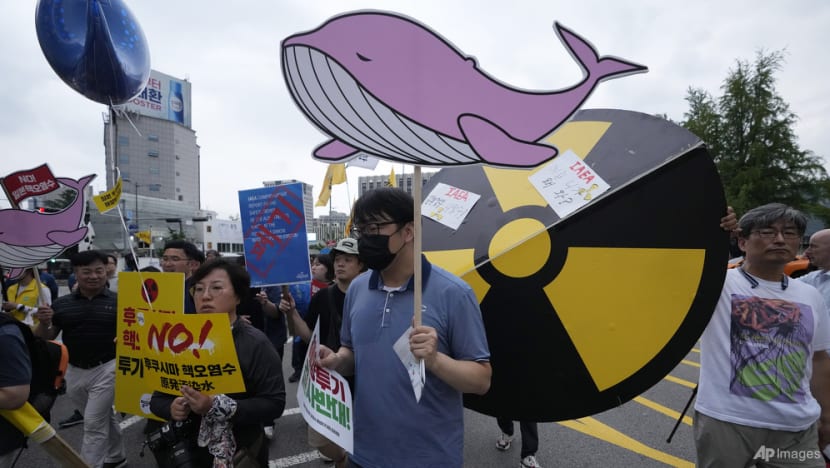
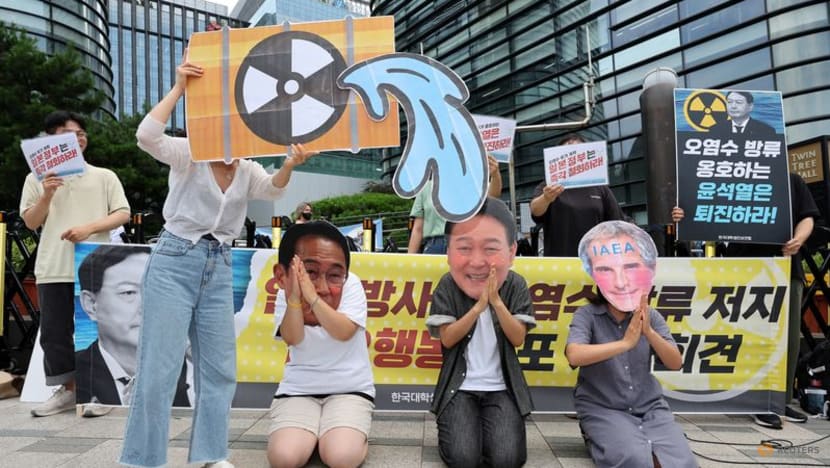
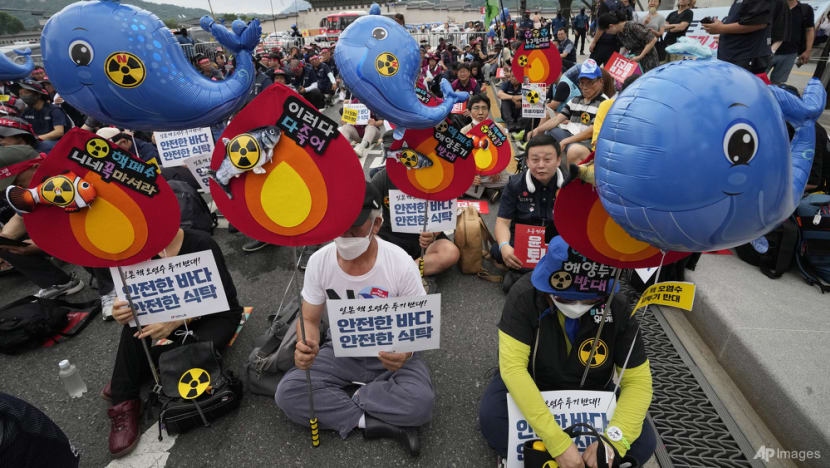


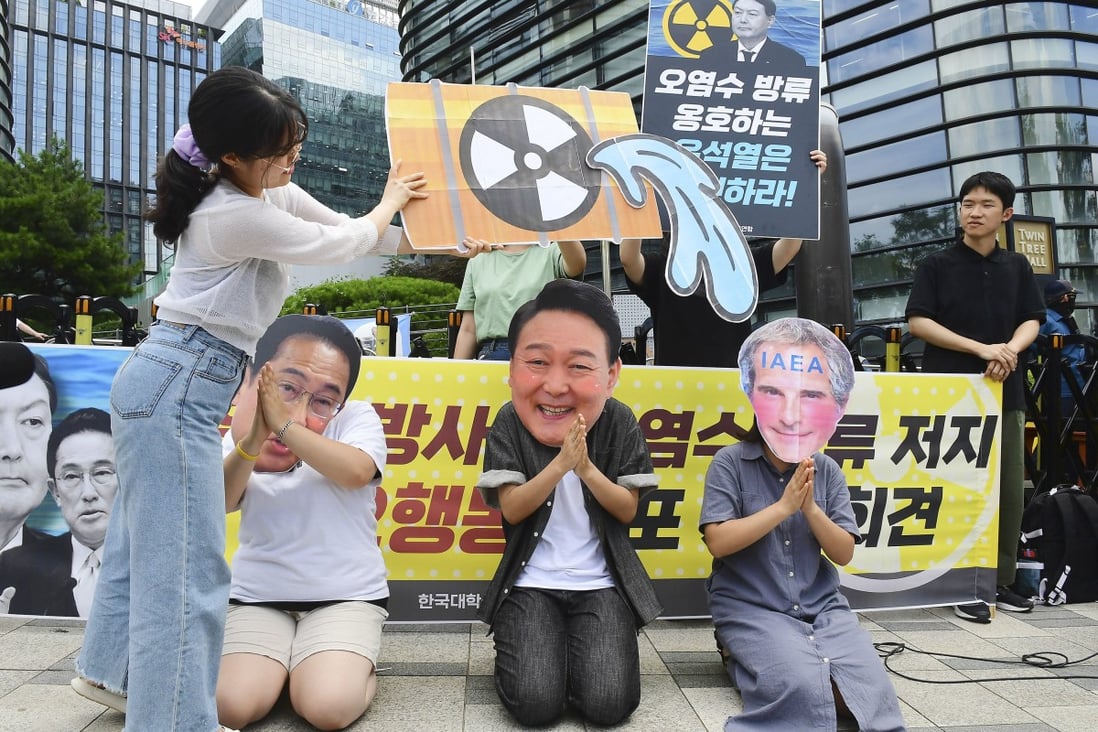
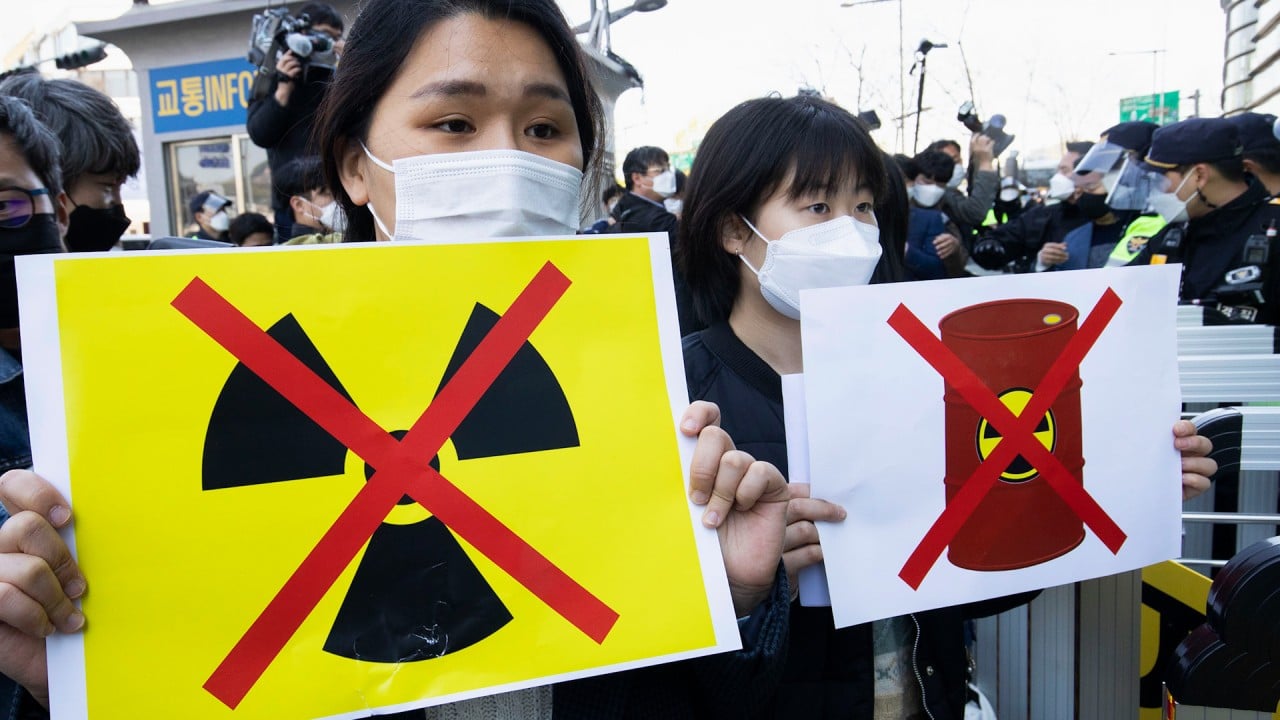









:format(jpeg)/cloudfront-us-east-1.images.arcpublishing.com/tgam/DHJ623LAXJKLFCRZROTJCAIAJI.jpg)